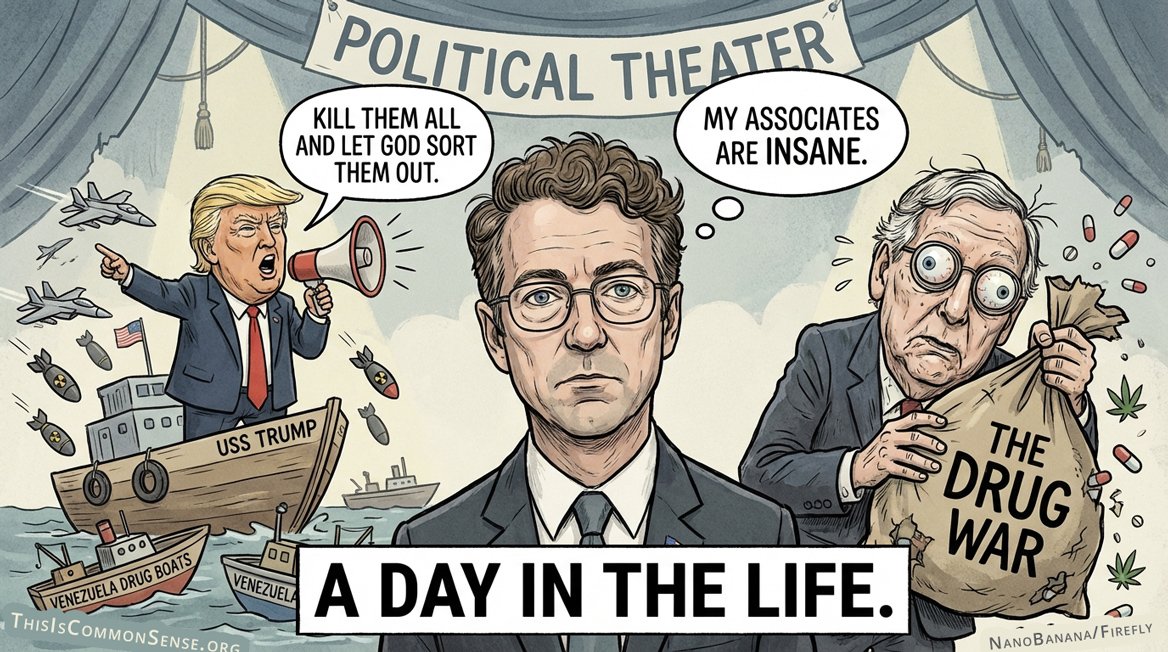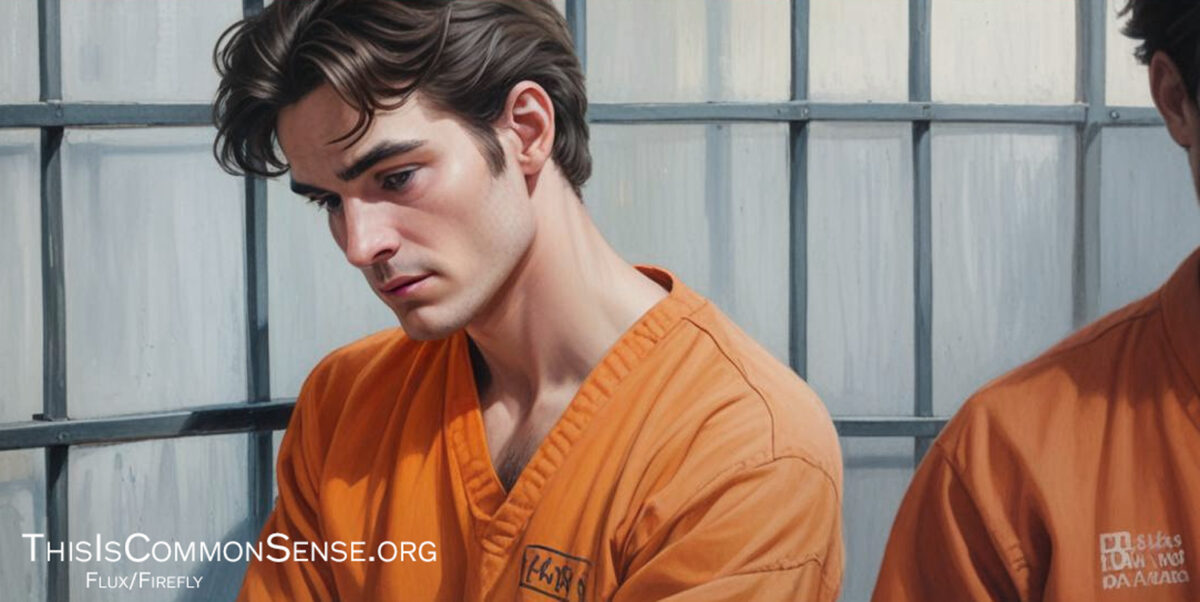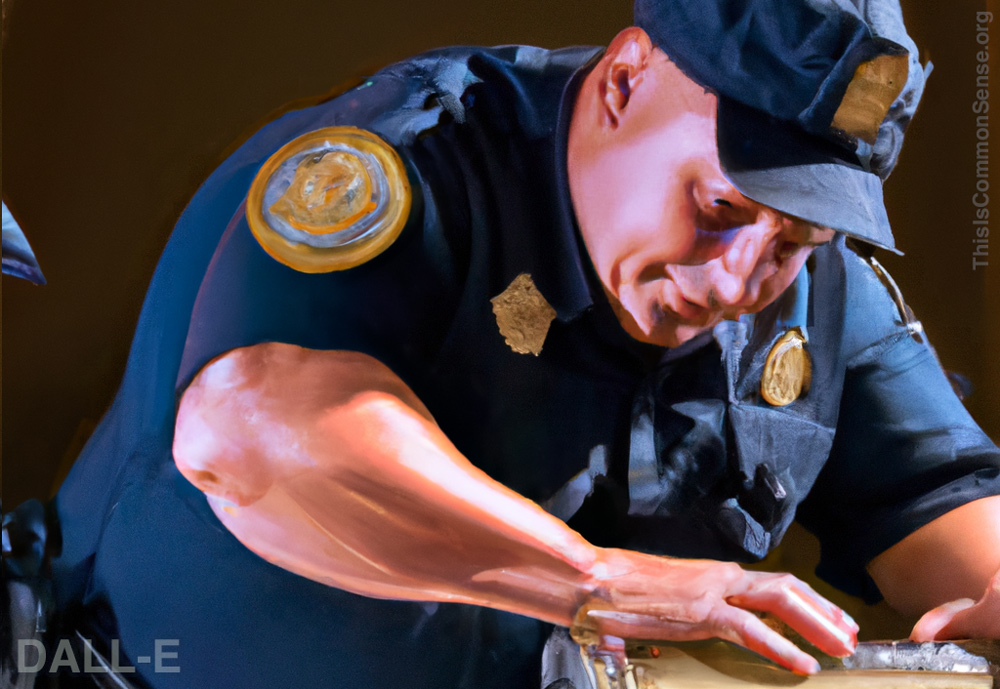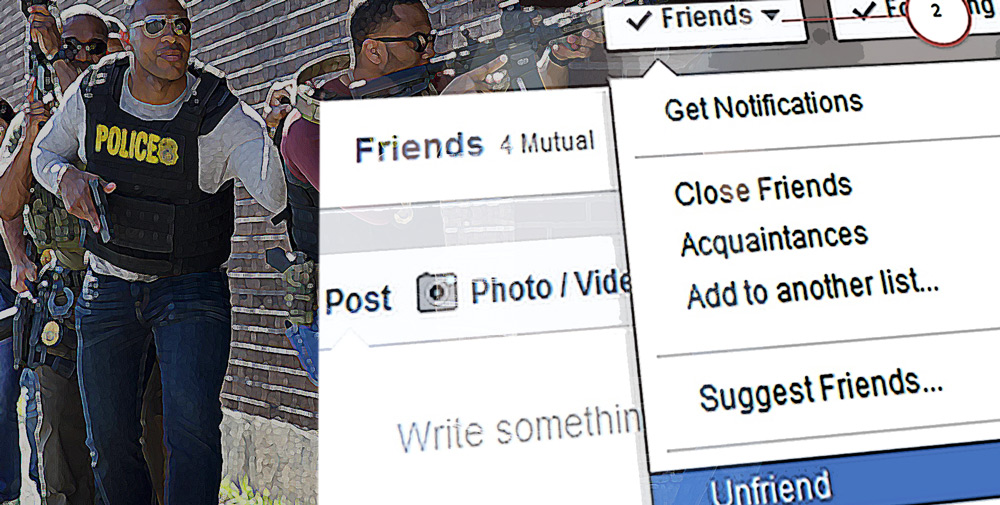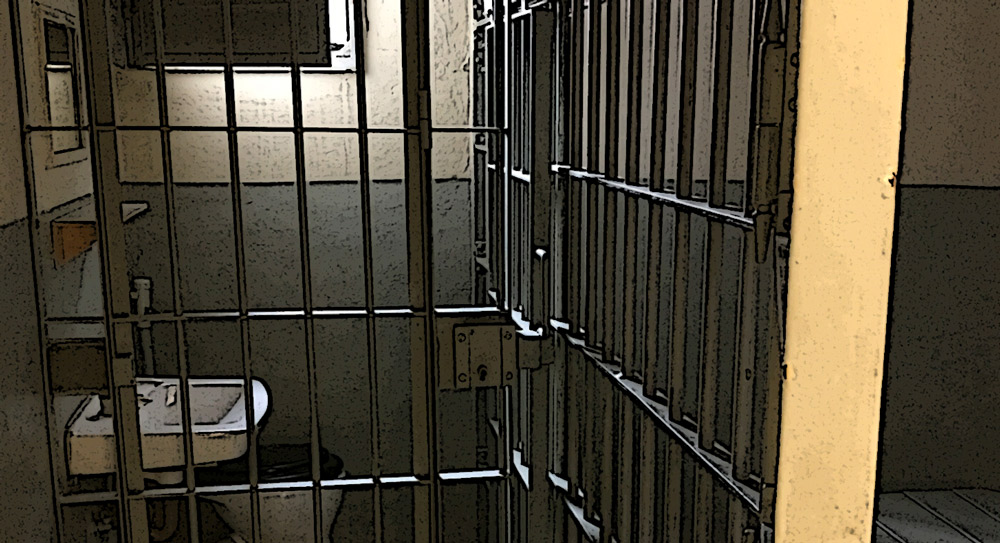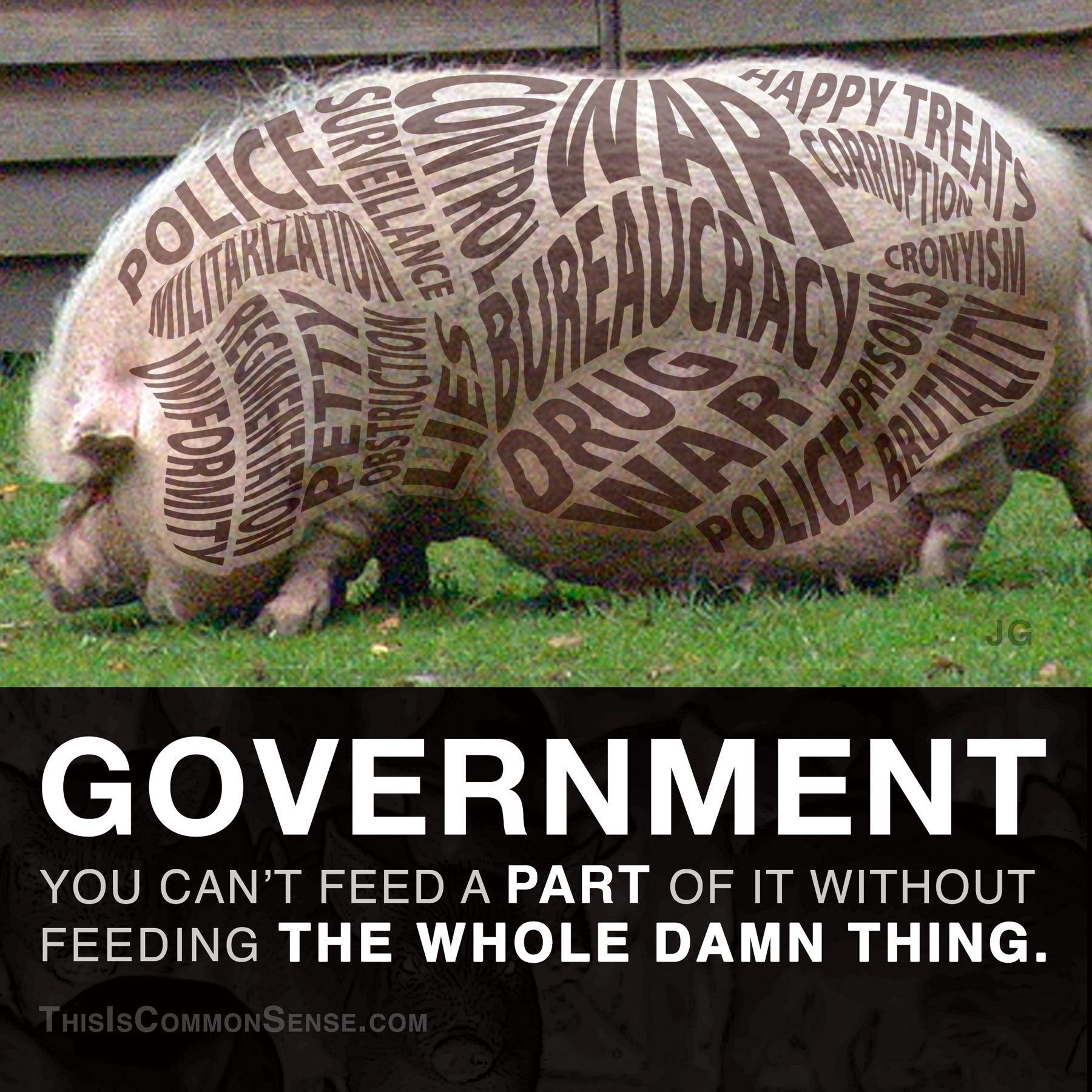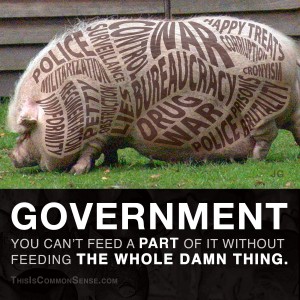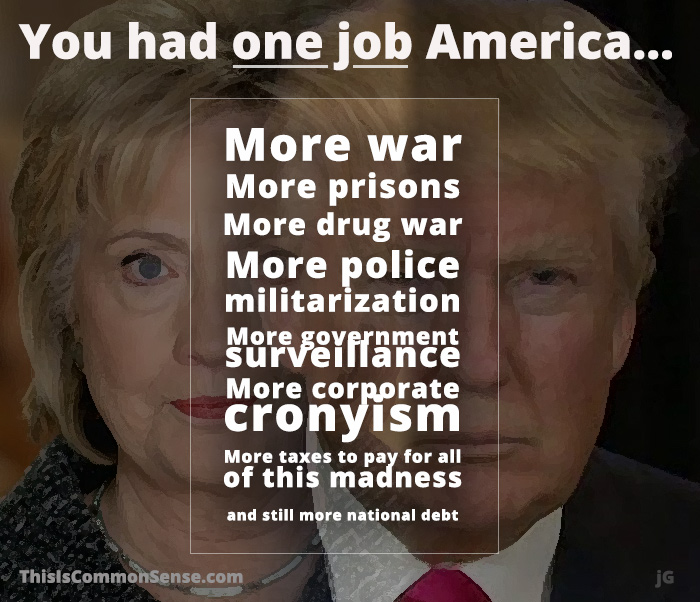The Trump Administration is at war … with Senator Rand Paul.
Tensions between the President and Senator Paul have heated up noticeably since mid-October, with Trump taking sharp public swipes at Paul, a longtime ally. This scuffle seems primarily driven by Paul’s outspoken criticism of the Venezuelan boat strikes, which Trump sees as a betrayal of his “tough on drugs” agenda and a threat to GOP unity.
The budget hawk angle — mentioned here in a weekend update — is a secondary irritant, tied to Paul’s broader push for fiscal restraint. But it hasn’t dominated the feud.
While Trump decries a lack of unity, Paul offers Trump’s bellicosity as “detrimental to the party.”
Against the Kentucky senator’s war-powers/war-crimes critiques, the president is acerbic: “Rand wants trials for narco-terrorists 2,000 miles away? Tell that to the fentanyl orphans.”
Tough zinger, sure, but think about it: it’s the standard argument against all civil liberties. The idea that those suspected by the government of awful crimes, even lacking any proof or semblance of due process, do not deserve rights.
Leading to a modern adaptation of “Kill them all and let God sort them out” in the Carribean.
Meanwhile, in a bizarre reversal of the ongoing marijuana legalization and hemp deregulation trend, the federal government has “turned back the clock”: Tucked into the continuing resolution (CR) that ended the 43-day government shutdown, Congress passed (and Mr. Trump signed) language that effectively bans most hemp-derived products containing more than 0.4 milligrams of THC per container — a threshold so low it sweeps up even basic CBD items, which naturally contain trace THC.
Since Kentucky sports over 5000 acres devoted to the ancient industrial product, you might suspect that this could be part of Trump’s war on Kentucky’s junior senator.
But it appears the state’s senior senator was behind the move!
New War on Drugs, meet the old War on Drugs.
This is Common Sense. I’m Paul Jacob.
Illustration created with NanoBanana and Firefly
See all recent commentary
(simplified and organized)
See recent popular posts
